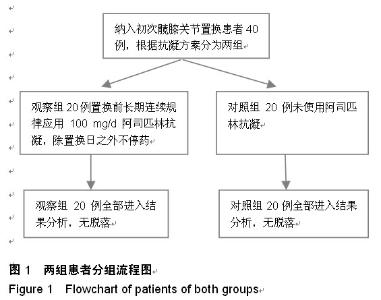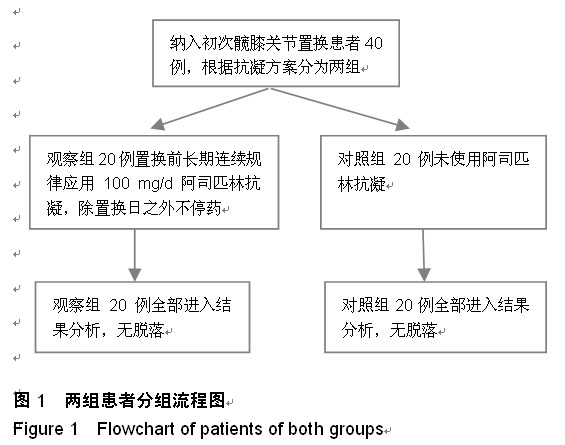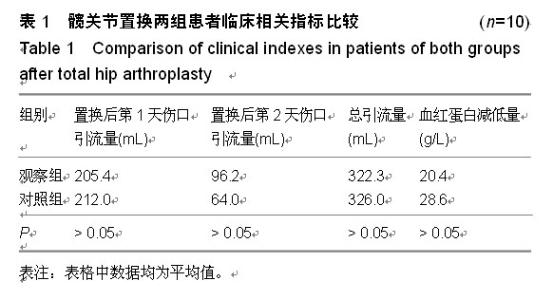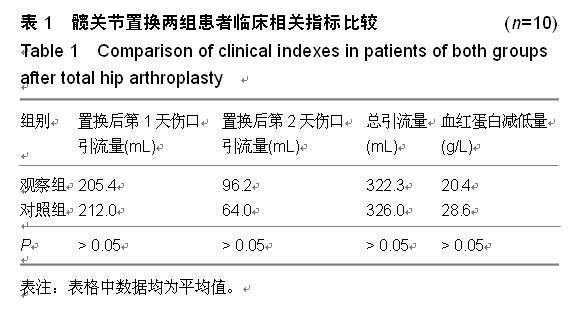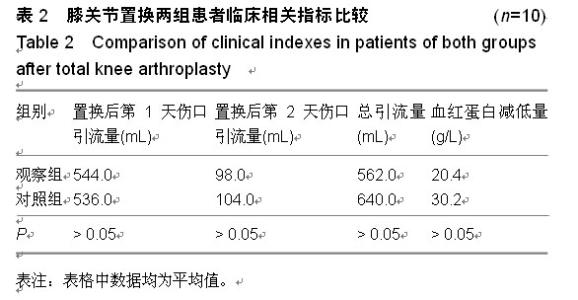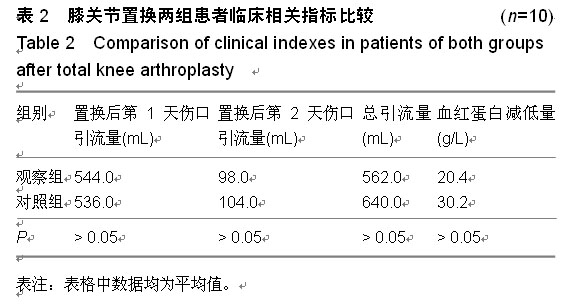| [1] 张善春,郑刚.阿司匹林在心血管病一级预防中的新证据新指南[J].中华老年心脑血管病杂志, 2012,14(11):1224-1225.
[2] 王春玲,王佳.围手术期的抗栓治疗-ACCP9溶栓和抗栓指南启示[J].中国心血管病研究, 2012,10(12):929-931.
[3] 王卫青,胡婷婷,赵东明,等.人工髋膝关节置换术后自体引流血回输的临床应用[J].中国矫形外科杂志,2007,15(24):1910-1911.
[4] 傅向华.阿司匹林与氯吡格雷在冠心病抗血小板治疗中的应用[J].临床荟萃, 2004,19(3):162-163.
[5] Burger W, Chemnitius JM, Kneissl GD, et al. Low-dose aspirin for secondary cardiovascular prevention - cardiovascular risks after its perioperative withdrawal versus bleeding risks with its continuation - review and meta-analysis. J Intern Med. 2005;257(5):399-414.
[6] Cossetto DJ, Goudar A, Parkinson K. Safety of peri-operative low-dose aspirin as a part of multimodal venous thromboembolic prophylaxis for total knee and hip arthoplasty. J Orthop Surg (Hong Kong). 2012;20(3):341-343.
[7] Lotke PA.Aspirin prophylaxis for thromboembolic disease after total joint arthroplasty. Am J Orthop (Belle Mead NJ). 2007;36(9Suppl):14-15.
[8] Bell TH, Berta D, Ralley F, et al. Factors affecting perioperative blood loss and transfusion rates in primary total joint arthroplasty: a prospective analysis of 1642 patients. Can J Surg. 2009;52(4):295-301.
[9] 覃健,余存泰,徐中和,等.全髋关节及全膝关节置换术后隐性失血的临床影响[J].中华骨科杂志,2006,26(5):323-326.
[10] Gibbons CE, Solan MC, Ricketts DM, et al. Patterson Cryotherapy compared with Robert Jones bandage after total knee replacement: a prospective randomized trial. Int Orthop. 2001;25(4): 250-252.
[11] Banerjee S, Kapadia BH, Issa K, et al. Postoperative blood loss prevention in total knee arthroplasty. J Knee Surg. 2013; 26(6):395-400.
[12] 张东君,朱士文,崔贵祥,等.低分子肝素钙、阿司匹林联合治疗急性脑梗死的临床研究[J].中国药学杂志,2005,40(8):634-636.
[13] 张辉,赵旭兰,王凤飞,等.氯吡格雷、低分子肝素与阿司匹林联用治疗不稳定型心绞痛临床观察[J].临床荟萃,2004,19(11): 609-611.
[14] 夏智昌.低分子肝素联合阿司匹林预防骨科术后深静脉血栓形成的临床观察[J].内蒙古中医药,2009,28(15):28-29.
[15] 唐德涛,向雅倩,张学福.低分子肝素联合阿司匹林预防大隐静脉曲张术后深静脉血栓形成的临床观察[J].微循环学杂志,2012, 22(4):89.
[16] Gutowski CJ, Zmistowski BM, Lonner JH, et al. Direct Costs of Aspirin versus Warfarin for Venous Thromboembolism Prophylaxis after Total Knee or Hip Arthroplasty. J Arthroplasty. 2015. pii: S0883-5403(15)00477-5.
[17] Schousboe JT, Brown GA.Cost-effectiveness of low-molecular-weight heparin compared with aspirin for prophylaxis against venous thromboembolism after total joint arthroplasty. J Bone Joint Surg Am. 2013;95(14):1256-1264.
[18] Cossetto DJ, Goudar A, Parkinson K. Safety of peri-operative low-dose aspirin as a part of multimodal venous thromboembolic prophylaxis for total knee and hip arthroplasty. J Orthop Surg (Hong Kong). 2012 ;20(3): 341-343.
[19] Adam SS, McDuffie JR, Lachiewicz PF, et al. Comparative effectiveness of new oral anticoagulants and standard thromboprophylaxis in patients having total hip or knee replacement: a systematic review. Ann Intern Med. 2013; 159(4):275-284.
[20] Friedman RJ, Kurth A, Clemens A, et al. Dabigatran etexilate and concomitant use of non-steroidal anti-inflammatory drugs or acetylsalicylic acid in patients undergoing total hip and total knee arthroplasty: no increased risk of bleeding. Thromb Haemost. 2012;108(1):183-190.
[21] Eriksson BI, Rosencher N, Friedman RJ, et al. Concomitant use of medication with antiplatelet effects in patients receiving either rivaroxaban or enoxaparin after total hip or knee arthroplasty. Thromb Res. 2012;130(2):147-151.
[22] Patel VP, Walsh M, Sehgal B, et al. Factors associated with prolonged wound drainage after primary total hip and knee arthroplasty. J Bone Joint Surg Am. 2007;89(1):33-38. |
